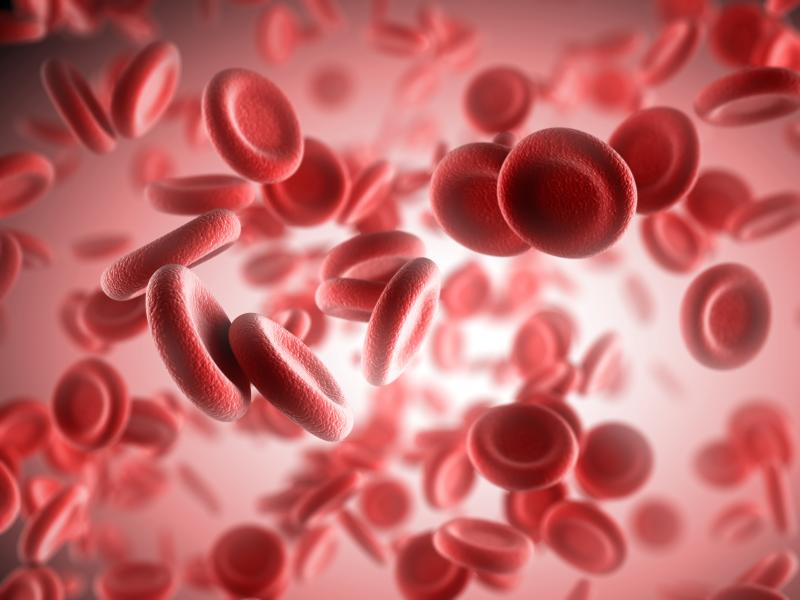
Dual therapy with dabigatran plus either clopidogrel or ticagrelor is more effective in atrial fibrillation patients younger than 75 years of age, a new study has found.
Researchers enrolled 2,725 atrial fibrillation patients undergoing percutaneous coronary intervention. Majority (62.3 percent; n=1,699) were younger than 75 years of age while the remaining 37.7 percent (n=1,206) were at least 75 years old. The primary efficacy endpoint was a composite of time to death, unplanned revascularization or first thromboembolic event.
Dual dabigatran therapy at 110 mg significantly reduced the risk of major bleeding events (MBEs) or clinically relevant nonmajor bleeding events (CRNMBEs) relative to warfarin triple therapy (with aspirin and clopidogrel or ticagrelor) in both the younger (hazard ratio [HR], 0.40, 95 percent confidence interval [CI], 0.30–0.54) and older (HR, 0.67, 95 percent CI, 0.51–0.89) subgroups.
Notably, the effect of dual therapy was significantly stronger in younger patients (p=0.013).
In comparison, the 150-mg dabigatran dual therapy was only effective against MBEs/CRNMBEs in the younger subgroup (HR, 0.57, 95 percent CI, 0.44–0.74; older subgroup: HR, 1.21, 95 percent CI, 0.83–1.77; pinteraction=0.001).
A similar trend was reported for efficacy. At the 110-mg dose, the older subgroup showed a statistically higher risk of thromboembolic events (HR, 1.54, 95 percent CI, 1.07–2.22), while no such elevation was found in the younger participants (HR, 0.90, 95 percent CI, 0.66–1.23).
“Thus, older patients seem to be less protected for thromboembolic events by the dabigatran 110-mg dose than younger patients (pinteraction=0.029),” said researchers. No between-group difference was reported for the 150-mg dose.